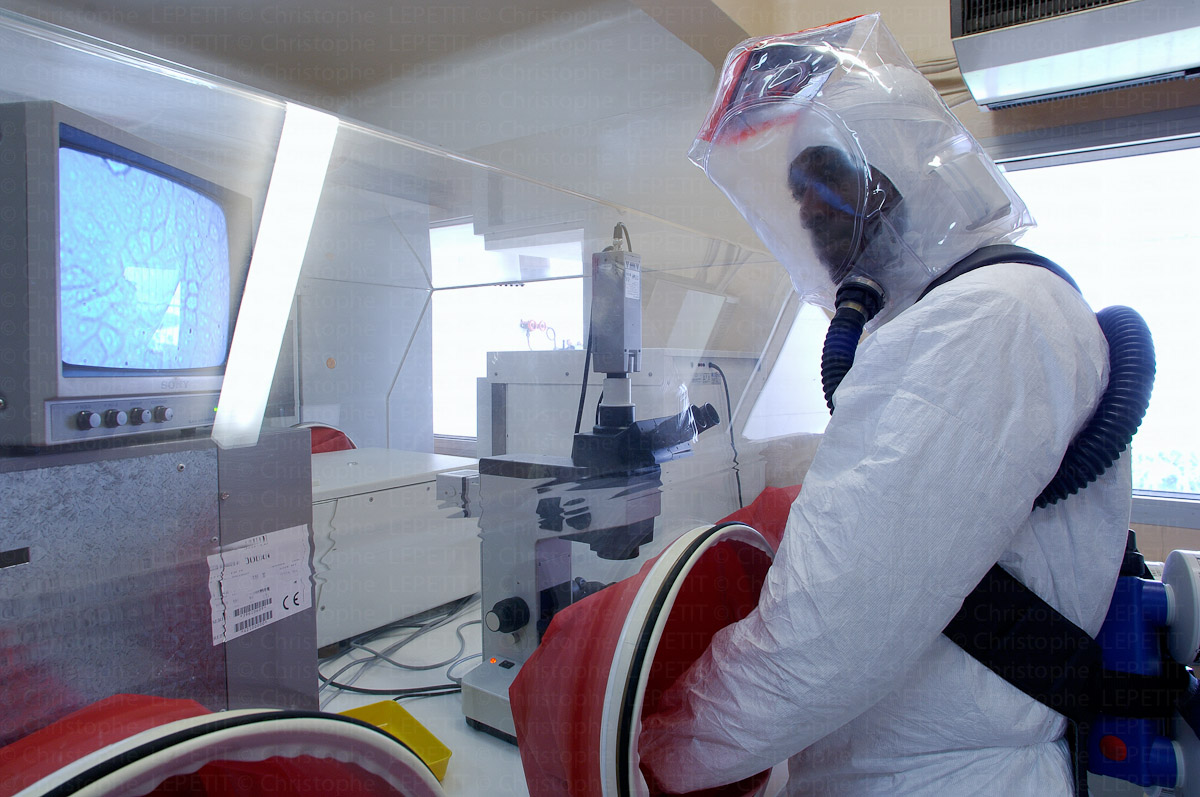Canada has announced that it will donate an experimental Ebola vaccine to the World Health Organization (WHO) to be used in West Africa.
It said it would be donating between 800 and 1,000 doses of the vaccine but experts have warned that supplies of the drug are limited as it takes months to produce.
Dr Gregory Taylor, deputy head of Canada’s Public Health Agency told Reuters that he believed the drug was a “global resource” to be shared.
The vaccine has never been tested on humans and Taylor admitted that they have no idea how safe the vaccine is or what the side effects will be, “but in this extraordinary circumstance in Africa right now, we’re trying to do everything we can to assist.”
This follows yesterday’s decision by the WHO to allow untested and unlicensed drugs to be used in response to the epidemic. It decided that, with West Africa in the grip of the worst-ever Ebola outbreak, it would be ethical to use extend the use of experimental treatments.
There is currently no proven Ebola vaccine or cure, but several pharmaceutical companies are developing different methods of treating and preventing the disease.
Treatments
- zMapp, a cocktail of antibodies harvested from an infected animal’s blood and grown in specially-modified tobacco leaves, works by stopping the virus from entering and infecting new cells. It has been used to treat three Western health care workers, including a Spanish priest who died yesterday, and is being sent to doctors in Liberia.
- Blood serum is another treatment being considered by the WHO. Serum is part of blood plasma taken from a patient who has recovered from Ebola and is used to treat others as it contains essential antibodies against the disease. It has proven effective in previous outbreaks but the WHO wants stricter safety controls to be introduced.
- The drug TKM-Ebola, developed by a Canadian pharmaceutical company, works by interfering with the virus’s genetic code and stopping it from producing disease-causing proteins, the BBC reports. Human trials were halted earlier this year over safety concerns, but the company announced that the US Food and Drug Administration (FDA) had partially lifted the ban, raising hopes that the drug could be made available to combat the current outbreak.
Vaccines
Other vaccines, in addition to the one developed by the Canadian government, are currently in the pipeline. According to the WHO and FDA some clinical trials are being fast-tracked and new vaccines could be made available by 2016.
(via The Week)







